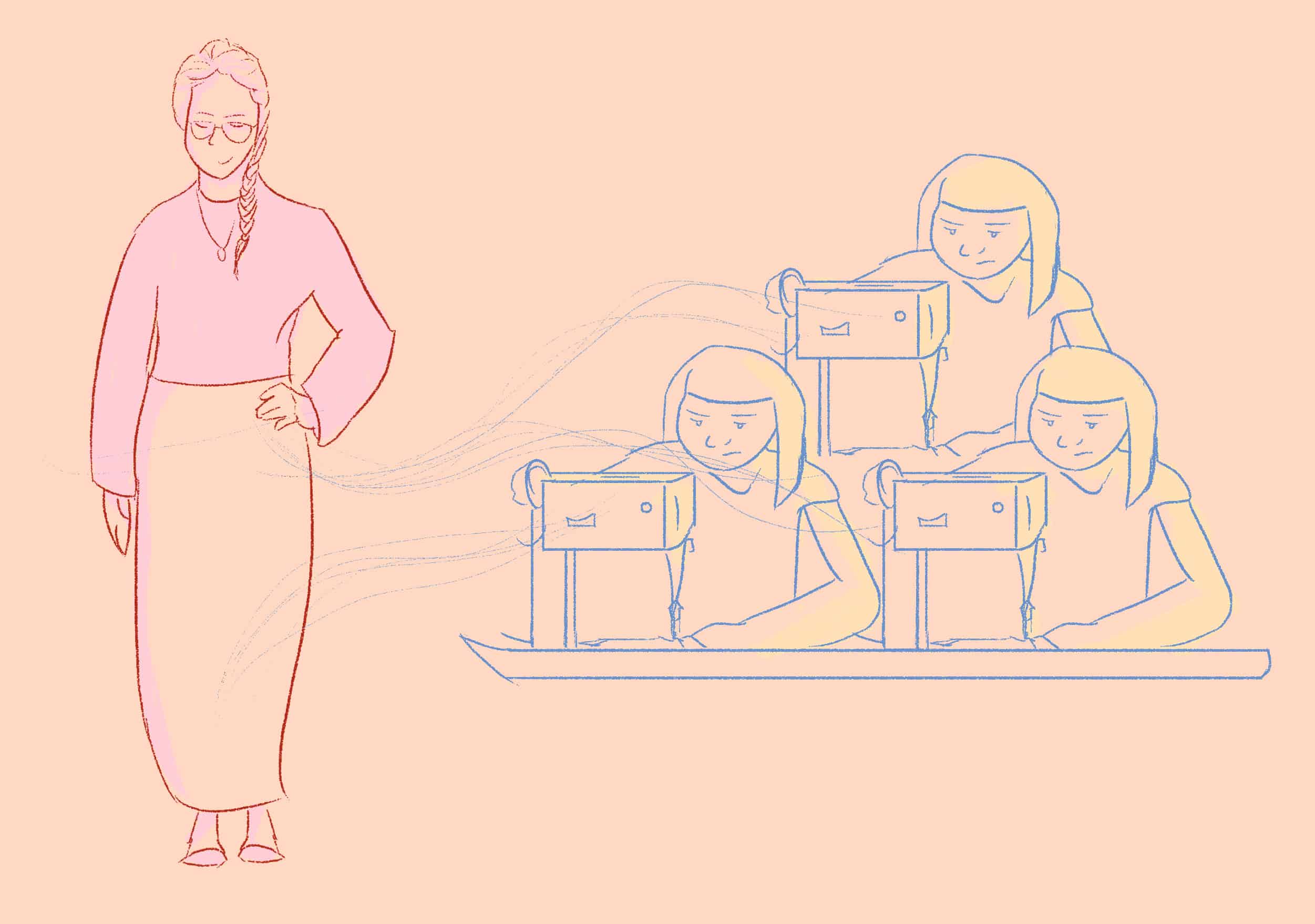As a child, I watched Fashion Television on CTV every week with my mom. My eyes would widen as I took in the beauty of the prints and the elegance of the models.
For me, fashion was art in movement. While walking through the mall, I would gaze at all the garments and imagine myself wearing them. I never thought twice about who had made the clothing I longed for; I assumed that a machine stitched the clothes together.
All that changed in 2013 when I saw news of the Rana Plaza in Bangladesh.
On Wednesday, April 24, 2013, the Rana Plaza collapsed, killing more than 1,100 people. This sent shockwaves through the garment industry, as Rana Plaza had been responsible for manufacturing clothing for many Western brands, including Joe Fresh, Benetton, Mango, and Primark. There were several factors behind the collapse, including structural problems within the building, although workers had been told to enter.
Since then, I’ve often warned people about the ills of fast fashion. I believe that consumers have the power to create trends that steer away from harmful fashion practices and to demand that our favourite brands make more ethical choices.
I have also encountered some alternative viewpoints. Some believe that it isn’t the companies that have to be held accountable; rather, it is the responsibility of states to make change.
The Industrial Revolution marked a huge shift in the way that the West engaged in business with the rest of the world. It was a time when child labour was common and workers were undervalued. During this time, individuals mobilized to recognize workers’ rights and to create better working conditions for all.
Since the Industrial Revolution, many countries that have historically touted dedication to the values of human rights and fairness have nevertheless supported business practices that are contrary to these values.
By exploiting cheap labour and not holding these factories accountable, these countries, many of which may be grouped into the category of ‘the West,’ are engaging in a new form of colonialism, one that criticizes countries for striving towards modernity while also taking advantage of them.
Although workers are typically paid, in many cases they are not compensated for the actual value of their work. By purchasing the garments they produce, we are telling workers that only their work, and not their humanity, matters.
Not only are these workers being exploited, but in many cases they have few other options. When a worker moves to a large city for the opportunity to feed their family, and a low paying factory job is the only one available, they have little choice but to take it.
It is not uncommon for university students to claim to be global citizens, but their buying habits do not always reflect this. Because of our desire for frugality and the distractions of everyday life, we often look for the fastest and cheapest ways to buy clothing, forgetting that our buying habits have power.
However, there are steps students can take to shop better. They can educate themselves to better understand how their buying habits affect the world, and they can avoid chains that employ sweatshop labour. I would recommend the documentary True Cost, which explores the ethical, social, and environmental ramifications of fast fashion.
Another step students can take to shop ethically is choosing quality over quantity by buying from local manufacturers. Try the thrift stores in Kensington Market or Black Market Vintage on Queen Street West. If you enjoy online shopping, try Everlane or Zady, which sell ethically-made clothing at competitive prices.
Although you may end up purchasing fewer individual pieces, your choices will reflect a conscious effort to acknowledge the individuals who make your clothes.
The fashion industry is a multibillion dollar enterprise, yet many of its unskilled factory workers are paid less than a fraction of what their labour is worth. This is not the fairness and equality our society prides itself on.
The West has the power to change the status quo. If we demand better, we have the buying power to receive better.
Although demanding more transparency from manufacturers and refusing to produce clothing in factories that do not pay fair wages may not be the most profitable strategy, the value of human life should always take precedence over profit.


